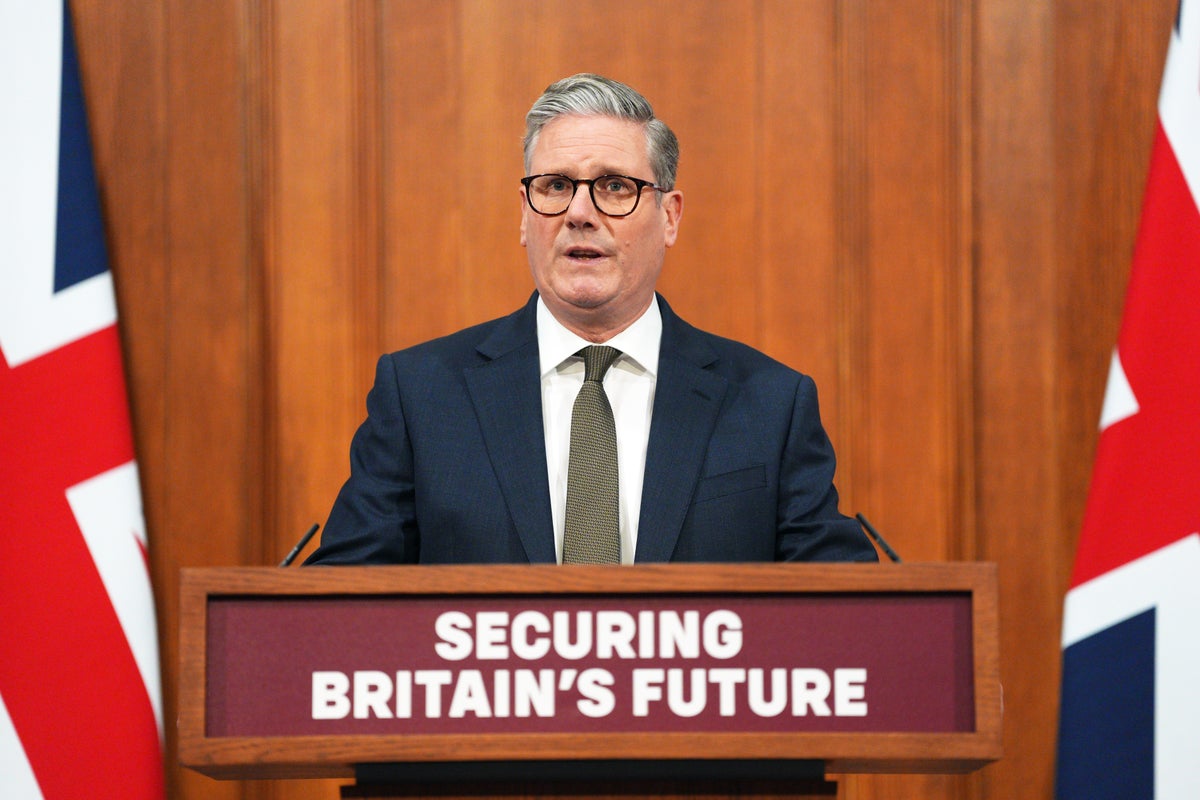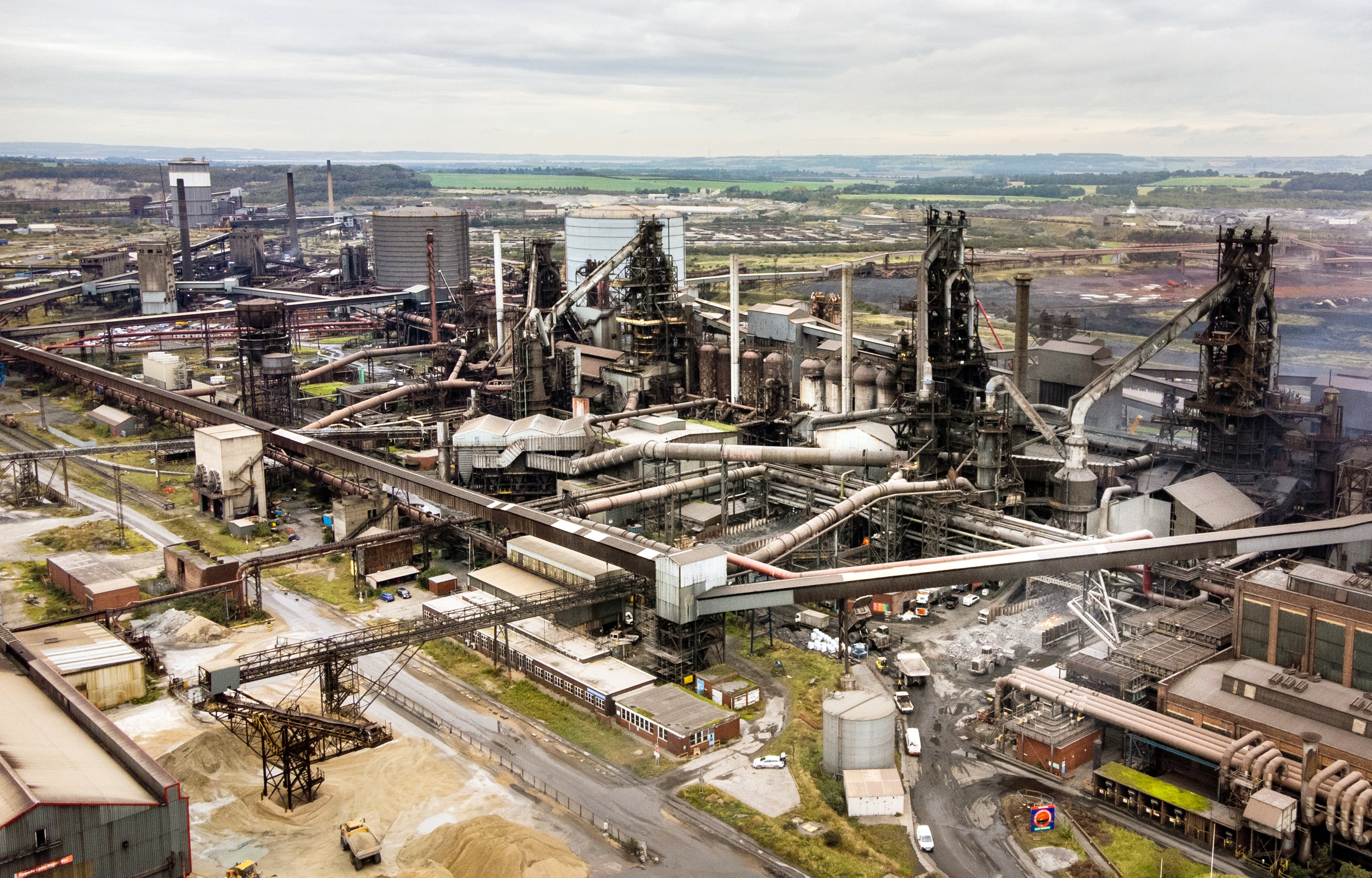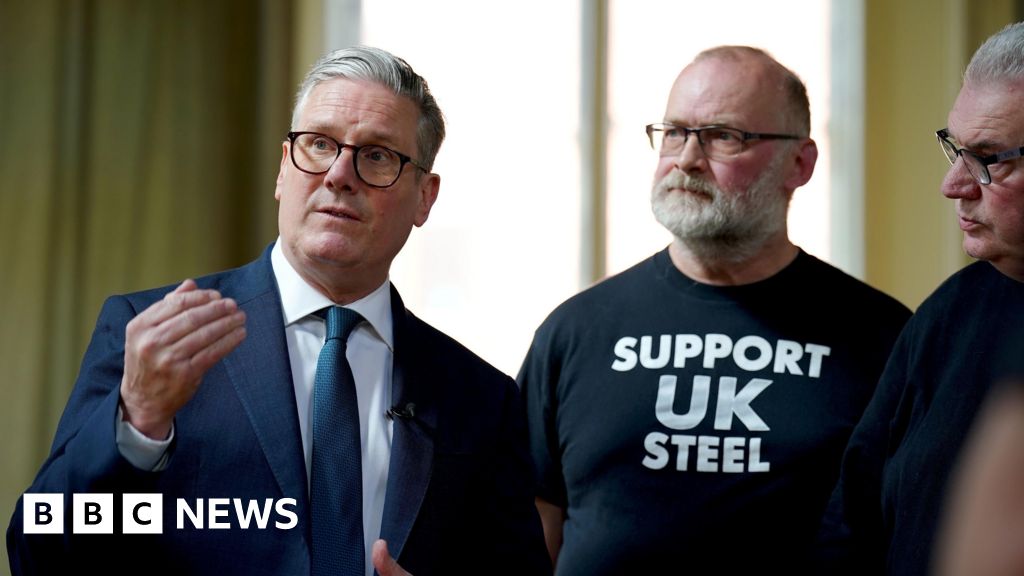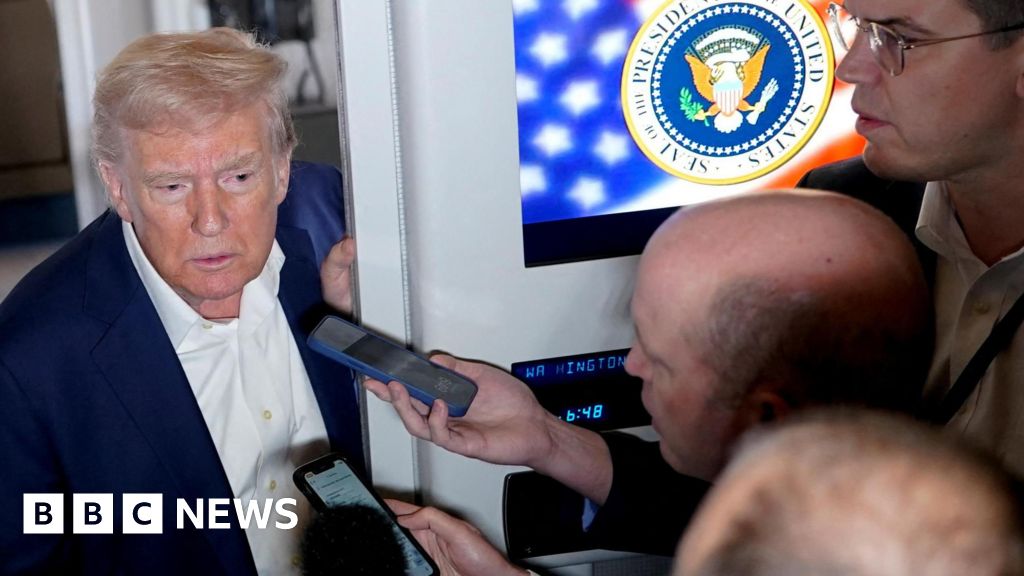Ministers accuse British Steel’s owners of trying to shut down blast furnaces

Ministers dramatically accused British Steel’s Chinese owners of planning to “irrevocably and unilaterally” shut it down as MPs backed an eleventh-hour rescue plan.
During an emergency Commons session on Saturday MPs supported wide-ranging moves that will allow ministers to keep its blast furnaces at the plant in Scunthorpe open in the hopes a new buyer can be found.
Although the move stops short of nationalisation, the government also conceded the company will “likely” have to be taken into public ownership after Keir Starmer warned the UK’s economic and national security was “on the line”.
But just hours before MPs met, workers at British Steel’s plant prevented executives from its owner Jingye gaining access to key areas of the steelworks, The Times reported.
Police were called to the scene and forced the executives to leave, the paper said.
Humberside Police later confirmed they had gone to the plant at 8.30am, following a suspected breach of the peace, but no arrests were made.
In the Commons, business secretary Jonathan Reynolds accused Jingye of attempting to “irrevocably and unilaterally” close down British Steel’s blast furnaces in Scunthorpe.
He told MPs that doing nothing was “not an option” as, once allowed to cool, the furnaces could never be re-started.
He said Jingye, which bought British Steel in 2020, had rejected a “substantial” offer under which ministers would have bought the raw materials needed to keep the plant open, ensuring ” no losses whatsoever” for the parent company.
Instead, Jingye’s counter offer demanded “an excessive amount” of support.
He added that in recent days it had become clear the company’s intention was to refuse to purchase enough raw material to keep the blast furnaces running and “and refuse to pay for existing orders”.
“The company would therefore have irrevocably and unilaterally closed down primary steel making at British Steel,” Mr Reynolds said.
But Mr Reynolds acknowledged that nationalisation was the eventual “likely option” – after industry minister Sarah Jones conceded no companies were currently willing to make an offer.
The government’s plan has substantial cross-party support but the Conservatives accused Labour of having made a “pig’s breakfast” of the issue.
Many opposition MPs called for a ‘sunset clause” on the legislation, which Liberal Democrat treasury spokeswoman Daisy Cooper said ministers were giving themselves “huge and unconstrained powers, which could set a very dangerous precedent”.
Reform’s Richard Tice told No10 to “show some mettle” and “be courageous” and: “Lets nationalise British Steel this weekend – and make British Steel great again.”
The Commons debate also reopened faultlines over other parts of the country whose industries did not receive the same support.
David Chadwick, a Welsh Lib Dem MP, asked ministers “Where was this urgency when Welsh steel communities were crying out for support?”

Before the Commons debate, Conservative leader Kemi Badenoch accused ministers of having “bungled” a deal she had negotiated with Jingye to modernise British Steel’s operations.
But Mr Reynolds denied that Labour had inherited a deal, saying he had been told on taking office “that there had been a lack of progress” on it as he challenged Ms Badenoch to explain how much her deal would have cost the taxpayer.
She replied: “We had not finished the negotiation so there was no amount, but it would have succeeded better than the terrible plan he’s got now.”
Earlier Keir Starmer had delayed a family holiday to attend the emergency session of Parliament.
No 10 confirmed the prime minister had been planning to jet off on the trip, expected to be to southern Europe, but is now expected to leave on Sunday instead.
Sir Keir cancelled a European summer holiday planned for August after rioting broke out in the UK and tensions escalated in the Middle East.
The emergency session was just the sixth time parliament has been recalled on a Saturday since the end of the Second World War.
The last time it was recalled during a parliamentary recess on a Saturday was after the invasion of the Falklands in 1982.




